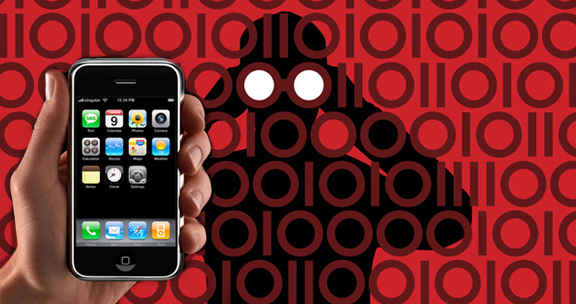Ellen Nakashima
Washington Post
The reports from carriers came in response to a congressional inquiry seeking to document the surge in surveillance involving data from mobile devices as more and more Americans carry cellphones to talk, text and send messages.

Rep. Edward J. Markey (D-Mass.) requested the information from carriers, including records on “cell tower” dumps, in which the carriers provide law enforcement authorities with data on cellphone users near a cell tower during a discrete period of time.
According to the carriers, nine of whom responded to Markey’s inquiry, all requests were made pursuant to a legal warrant or granted because of an emergency situation in which an individual was in imminent danger.
“We cannot allow privacy protections to be swept aside with the sweeping nature of these information requests, especially for innocent consumers,” Markey, co-chairman of the Bipartisan Congressional Privacy Caucus, said in a statement. “Law enforcement agencies are looking for a needle, but what are they doing with the haystack?”
The volume of the new demands being made of cellphone carriers was first reported online Sunday evening by the New York Times.
The data turned over include geo-location information, based on cell tower and Global Positioning System coordinates; calls made and received; text message content; and wiretap information, Markey said.
Law enforcement authorities say that such data are useful in tracking drug traffickers, fugitives and kidnappers, especially in emergencies, and that they are not interested in the activities of law-abiding Americans. The practice of collecting such data is not new but has become increasingly prevalent, prompting debate about legal standards and privacy protections.
In 2007, The Washington Post reported that law enforcement officials were routinely asking courts to order cellphone companies to furnish real-time tracking data so they can pinpoint the whereabouts of criminal suspects. In some cases, The Post reported, judges granted the requests without issuing a warrant requiring the officials to demonstrate that there was probable cause to believe that a crime was taking place.
The exact legal standard for acquiring geo-location data is in dispute. This year, the Supreme Court ruled that law enforcement must obtain a warrant to attach a GPS device to a vehicle for long-term tracking. But state and federal courts are still divided on whether that standard applies to cellphone data.
The rise in requests for carrier data contrasts with the use of traditional wiretaps in criminal investigations. There were 3,000 wiretap authorizations in 2010 nationwide, according to Markey. Experts note that the vast majority of wiretap orders — about 85 percent — are for cellphones.
The congressional inquiry found a gradual increase in law enforcement requests for cellphone tracking data. Verizon reported a 15 percent rise over the year before. T-Mobile reported an increase of 12 to 16 percent.
The carriers have turned down requests they deem to be unwarranted or not backed up by the required degree of legal justification. Law enforcement may use a subpoena when actually a court order is required, for instance. AT&T noted that in 2011, it rejected an average of 18 surveillance requests a week for wiretaps and for subscriber call data.

